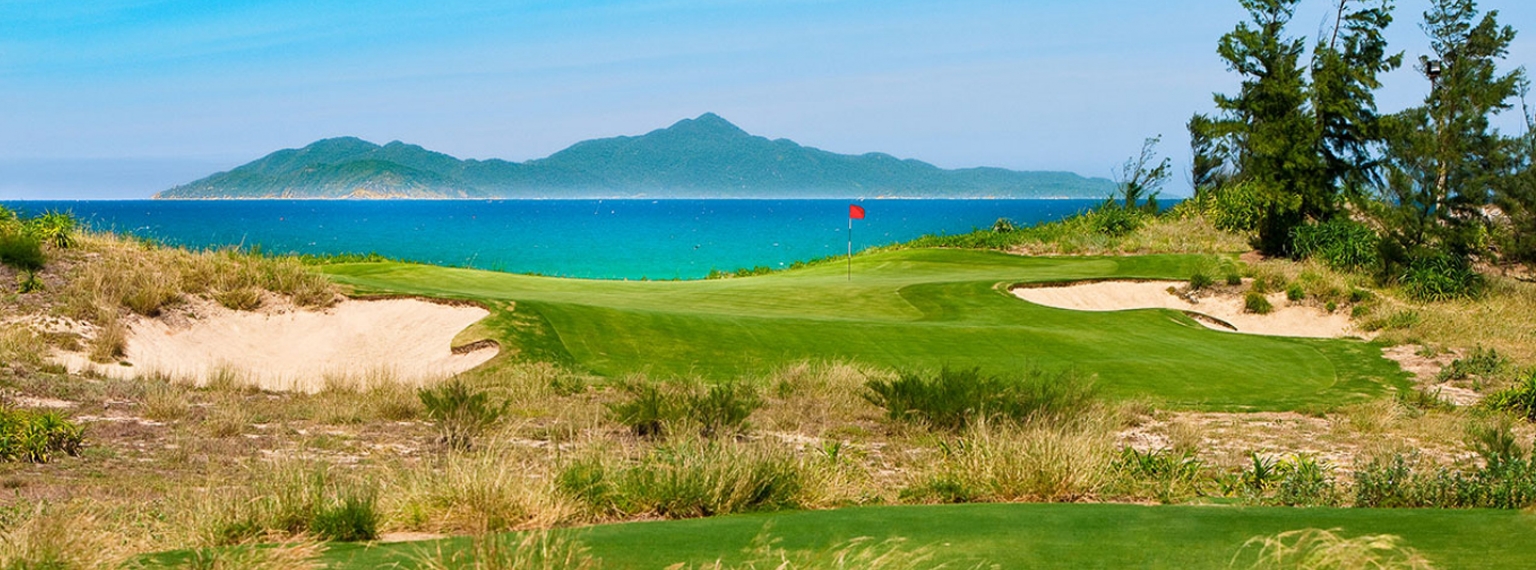Coronavirus travel update: All you need to know
With travel being disrupted almost constantly by COVID-19 (aka coronavirus), we'll be updating this article daily to share which borders are closed, and where in the world is still open to travellers...
What's changed since yesterday?
Asia

Cambodia has reopened its borders to visitors from all countries (Shutterstock)
Which Asian countries have travel restrictions?
Bahrain: Foreign visitors will not be allowed to enter Bahrain.
Brunei: Entry to Brunei is severely restricted. All foreign visitors will have to pay $1,000 BND for a coronavirus test and need to be able to cover the cost of a stay in a quarantine facility. You will also be encouraged to downloads the BruHealth app.
China: The FCO has advised against all travel to Hubei Province, and all but essential travel to the rest of mainland China. The more positive news is that China is slowly starting to emerge from the lockdown, and Chinese residents can now enjoy the Great Wall again, a section of which has reopened. The Badaling section of the Great Wall, from Bei Liu Lou to Nan Wu Lou Ban and the most popular part with tourists, will be open from 9am to 4pm every day. As well as this, Hubei province, where the virus began, has now lifted its travel restrictions for healthy residents.
Hong Kong: Travellers arriving in Hong Kong on flights from overseas countries/territories, who are not Hong Kong residents, will be denied entry to Hong Kong.
India: All foreign tourists are barred from entering and transiting through Indonesia. Some people will be allowed in for employment and business reasons.
Indonesia: All foreign nationals are barred from entering and transiting through Indonesia. Exceptions have been made for essential travellers, who will need to have a valid health certificate before being allowed to enter.
Israel: Foreign nationals are not permitted to enter unless they are citizens or residents of Israel.
Japan: Foreign visitors who have visited the UK or other affected countries will not be allowed to enter Japan, other than in exceptional circumstances.
Jordan: Commercial flights in and out of Jordan are suspended and all land and sea borders are closed.
Kazakhstan: Most foreign nationals, including those from the UK, are currently prevented from travelling to Kazakhstan.
Kyrgyzstan: All foreign nationals are banned from entering Kyrgyzstan.
Kuwait: The Kuwait Government is no longer allowing non-Kuwaitis to enter Kuwait, unless they have close Kuwait family members.
Laos: With immediate effect, the Government of the Lao PDR has suspended the visa on arrival and eVisa service at all international entry points for a period of 30 days for all nationals. The number of international flights out of Laos is reducing rapidly, and the borders with Thailand are now closed.
Lebanon: Lebanon's borders are now closed.
Malaysia: Malaysia is only accepting travellers with an essential purpose.
The Maldives: The Maldives will reopen to international tourists from 1 July. You will have to stay for at least 14 nights, with proof of booked accommodation and will also need proof of a Covid-19 test, and will need to be tested again on arrival.
Mongolia: All international flights and rail are suspended.
Myanmar (Burma): Myanmar has suspended all visas for foreign nationals. All commercial flights are also suspended until at least 15 June.
Nepal: The Government of Nepal announced its intention to deny entry to Nepal to certain foreign nationals, including British nationals until at least 31 May.
Oman: Only Omani nationals are able to enter the country and international flights have now stopped.
Philippines: British nationals will no longer be able to receive a visa on arrival and will not be able to enter the Philippines until further notice.
Qatar: No foreign visitors will be allowed to enter Qatar.
Saudi Arabia: Entry to Saudi Arabia on a tourist visa from significantly affected countries has been temporarily suspended.
Singapore: Singapore is banning the entry of short-term visitors from everywhere in the world. People who need to visit in extenuating circumstances need to submit a Form 14.
Sri Lanka: The government of Sri Lanka are not allowing UK travellers into the country and flights to Sri Lanka have been suspended. However, Sri Lanka will be reopening its borders on 1 August to tourists from all countries.
Taiwan: Foreign nationals are no longer permitted to enter Taiwan.
Tajikistan: The government of Tajikistan has imposed temporary restrictions on the entry of all foreign nationals through all checkpoints into Tajikistan.
Thailand: All foreign nationals are barred from entering Thailand and international passenger flights to Thailand are suspended. However, Thai authorities have announced that Thailand will be open to tourists from 1 July.
Turkmenistan: All international scheduled commercial flights to and from Turkmenistan have been suspended. All road borders are closed.
Vietnam: Foreign tourists are currently banned from entering the country. However, on the 22 April Vietnamese authorities announced plans for a phased relaxation of the partial lock down measures and authorities have now announced that from July, e-visas will be available for people from 80 countries, including the UK.
Uzbekistan: Uzbekistan has closed land and air borders to non-Uzbek nationals.
Which Asian countries are open to visitors?
Bangladesh: Commercial passenger flights from the UK and Qatar are permitted to land in Bangladesh. On arrival, foreigners need proof of a medical certificate issued within 72 hours of travel that shows a negative test result. Passengers from the UK will need to self-isolate for 14 days.
Cambodia: Travellers from all countries can now enter Cambodia, but must have a certificate to prove they are COVID-19 free, have proof of insurance that includes a minimum of US$50,000 for medical cover and have a visa before arrival. Cambodia have introduced a $3000 deposit for the COVID-19 service. Fees will be deducted for the test, an overnight stay in a waiting centre, meals at the waiting centre. and the remainder will be paid back. If one passenger tests positive, everyone who was on the same flight as them will be quarantined for 14 days.
Iran: Although you can technically still travel to Iran, some airlines are no longer flying in and out of Iran and many neighbouring countries have closed their borders or started monitoring travellers from Iran. There may be further measures introduced at short notice.
South Korea: All foreign national travellers are being tested for COVID-19 on arrival in South Korea. Testing may take up to 24 hours and you may be held in a separate facility during this time. If you test positive for the virus you will be transferred to the appropriate healthcare facility.
UAE: British Nationals will now be able to return to the UAE if they meet the criteria set by the UAE authorities. You will have to fill in this form, and if approved you will be given a reference number which will allow you to book a flight. Be aware that strict measures are still in place at the border. You may have a mandatory health check on arrive and have to go into mandatory quarantine for 14 days.
Source: https://www.wanderlust.co.uk/




